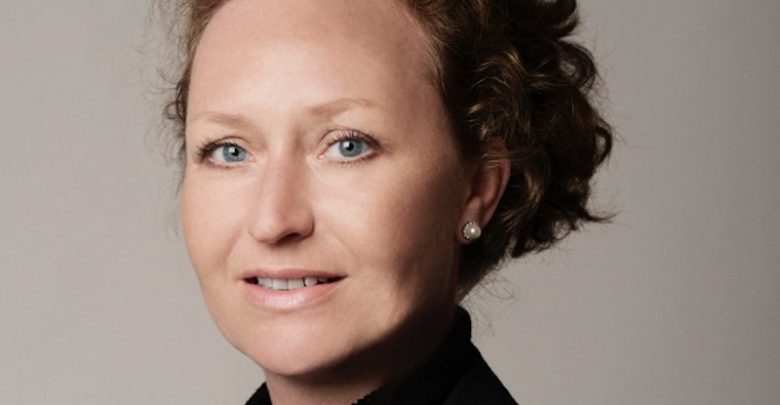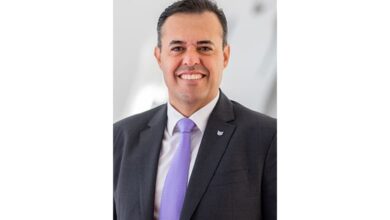How to Prepare for a VOIP Interview With Your Future Employer
Written by Emma Doo, Managing Partner, Mood Group

Congratulations! Your CV has been reviewed by a potential employer and they have expressed an interest in VOIP interviewing you for your dream job. How do you go about ensuring you are as well prepared as you possibly can be and hence giving you the highest possible chance of a successful outcome?
Preparations fall into several areas, first the simple one. Make sure your technology works – make sure you have a good internet connection and that your microphone, speakers and camera are working properly, put in a test call on the day of the interview to your recruitment partner or a friend to double check that the experience will be perfect for all concerned as nothing annoys an interviewer more than loosing valuable time whilst you get connected or not being able to conduct a good interview as either side can’t be heard or understood.
Try to have your screen at eye level height in front of you and make sure you hold the session in a quiet location, where there will be no interruptions with a nice, professional back group behind you. Please dress up for the occasion, first impressions are important. Have a notebook and pen with you to take notes during the interview and be ready on line at least 15 minutes early having already accepted their invitation to your contacts or invited them into yours. Have a hard copy of your CV ready with you and make sure it matches your LinkedIn Profile.
Make sure you have properly researched the company that are interviewing you and that you know all there is to know about them. Visit their website, search on Google for news and press releases from them and their suppliers, talk to people in the trade that might know of them and try and find out as much inside information as you can. If possible, obtain their accounts and learn about the financial health of the company and their ability to carry out the plans they might express they have in place. Ensure you are joining a company that is in good shape. You need to know how and why they are successful and how you becoming, part of their team will continue and build on that success.
Research the person who is interviewing you through LinkedIn, Facebook and Google and make sure you have remembered their back ground and experience. Talking to them about details in their own career at interview stage, demonstrates your interest in them and working with them and your commitment and thoroughness to the process. You will also find out who you know in common and might also be able to obtain some inside information via your recruiter, your friends and colleagues which can help you at interview, both in terms of their style and how they like to conduct an interview. Also, through references to others, they might respect, who in turn can vouch for you.
Prepare some rehearsed questions/answers such as what are your strengths, what are your weaknesses, describe a problem or challenge that you solved in the work place and how you achieved a positive outcome. Be prepared to be asked why you are seeking change, what you look for in a new challenge, what you enjoy doing and what you don’t enjoy doing.
Be confident, honest and maintain good eye contact with the interviewer. Listen carefully to the questions before answering them and do not be afraid of asking for a question to be repeated or expanded upon, if you did not hear clearly or understand the question properly. Speak clearly, stick to the topic and don’t speak for too long, at the same time, don’t be too short with your answers.
Please remember an interview is a two-way process so have your questions in your mind and listed on your notebook and try to cover off all queries as you move through the interview. Nothing impresses an interview more than a candidate that has prepared for the session very professionally and asks questions. If a question comes up in your mind during the interview write it down and pick up on it, when asked if you have any questions. Do ask your interviewer for feedback on the session and inquire as to next steps and time lines as you draw towards the end of the session.
In summary – be well prepared in all aspects and ensure you obtain the most from the opportunity to talk with your future employer and impress them to the point that they want to move onto the next stage of interview with you.
Best of fortune.



